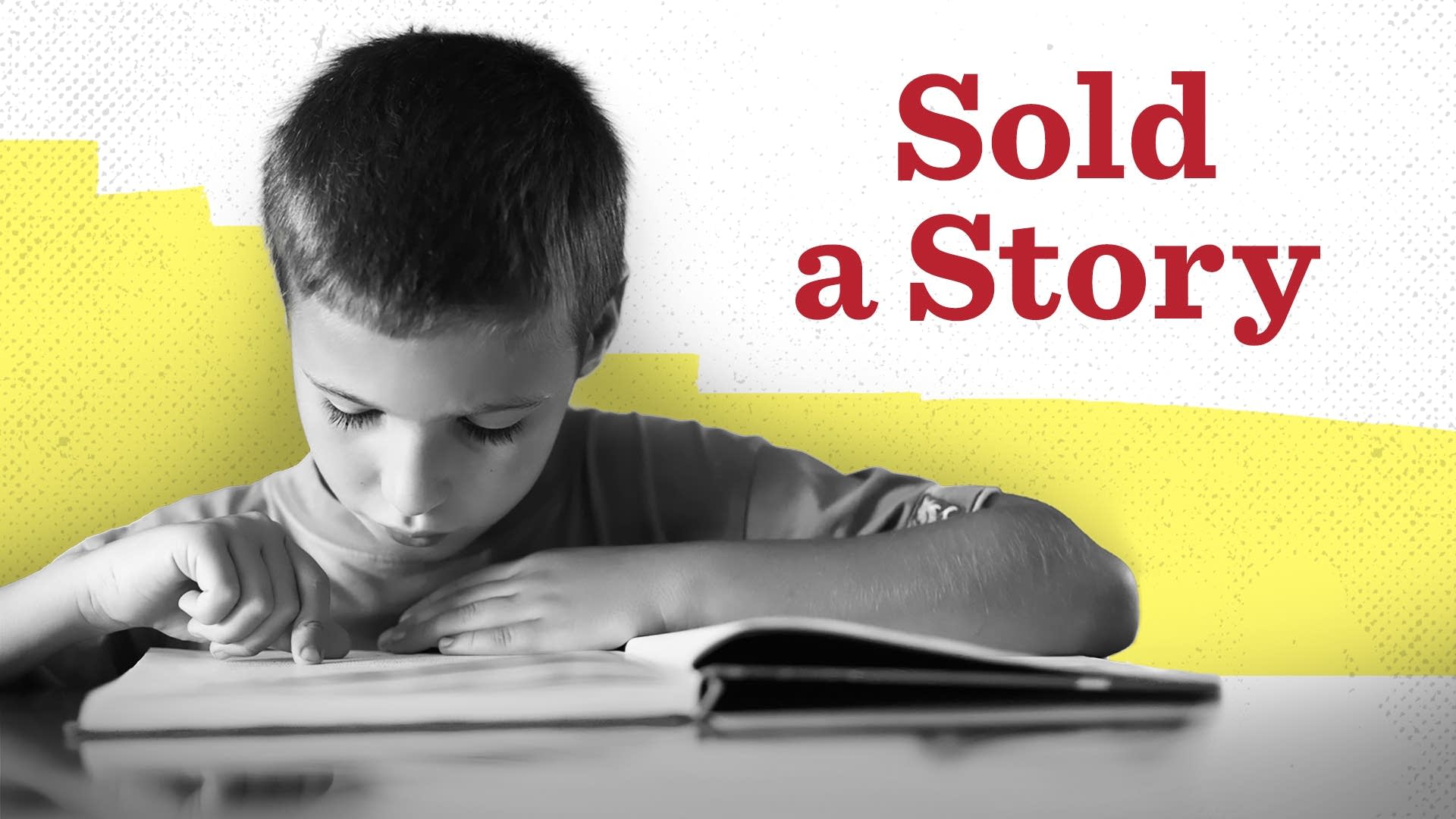This is an 8 part series about reading education in the U.S. I’m not sure I can summarize it better than the official summary at the link so pasting it here:
There’s an idea about how children learn to read that’s held sway in schools for more than a generation — even though it was proven wrong by cognitive scientists decades ago. Teaching methods based on this idea can make it harder for children to learn how to read. In this podcast, host Emily Hanford investigates the influential authors who promote this idea and the company that sells their work. It’s an exposé of how educators came to believe in something that isn’t true and are now reckoning with the consequences — children harmed, money wasted, an education system upended
So far I’m about halfway through episode 5. I think people here will be able to predict in many ways how the story goes. Definitely something I think is important and wasn’t aware of (I know that literacy is overall not great in this country, but it’s interesting to learn that there is an additional reason besides inequality and low investment in education).
if we teach people to read they might read communist propaganda
I can’t find the Wikipedia entry that mentions it but in one of the German colonies in Africa they opted not to establish the German language as the lingua franca because they didn’t want the colonised people to be able to read Marx lmao (but also 😭)
*Insert story about Cuban gusano not being propagandized cuz he was illiterate,"
What’s “The idea” that was bad called???
They get into it pretty quickly, but it doesn’t get a name till later. The name of the idea seems to be called “cueing theory” or the “three cues system”. Basically, it says that beginning readers should look at cues or context for reading new words, such as the first and last letters of the word, what the sentence says so far, etc., and use these to try to infer what the new word is. Sounding out a word should only be used as a last resort under this system.
The thing that’s funny to me (in a
 kind of way) is that the way the people who support these ideas talk about teaching reading sounds a lot like training an AI language model - i.e. use the preceding context to guess the next word. They even go so far as to use a sticky note to cover the next word and try to get the kids to guess it as a classroom exercise.
kind of way) is that the way the people who support these ideas talk about teaching reading sounds a lot like training an AI language model - i.e. use the preceding context to guess the next word. They even go so far as to use a sticky note to cover the next word and try to get the kids to guess it as a classroom exercise.to me it sounds reminiscent of the reading strategies used by some students with (‘stealth’) dyslexia
apparently it’s called “Reading Recovery” but i haven’t found a succinct summary of what it actually is
Basically they scrapped phonetics in favor of what amounts to guess and check, like “think of a word that would fit in the sentence that starts with the letter X and ends with Y”. From what i remember of this podcast they expect kids to either start learning to read themselves or hope their parents get them help when they fall behind.
deleted by creator
Well this was depressing. I’m glad they have transcripts because I prefer reading over listening, which felt either very something for this topic. Only 2 episodes in so far though.
I asked my friend who has a toddler and she said they’re teaching the kid to read well. One of the parents is a professor editor so there’s a lot of literacy in that house.
The reality everything has to be a podcast, audiobook or video to get some engagement is probably connected to illiteracy at some level. Fine they can read a GUI and parrot internet speech but it’s terrifying if most meaning is being lost behind it.
This shit makes me wonder if America tries to teach kids badly on purpose to depress wages.
I’m not an English teacher, but I remember and I see the problem with telling kids to sound out words; 1. Children are not taught phonemes. The word children is not Chuh iihhh lah duh rah eee nuh. Such a word is only picked up by context and memorization. 2. english doesn’t actually follow any rules.
In english, words are simply pictures that hint at the pronunciation and meaning of words.
Context is infinitely more useful than the way I was taught of “letters make these sounds, and put them all together”.








